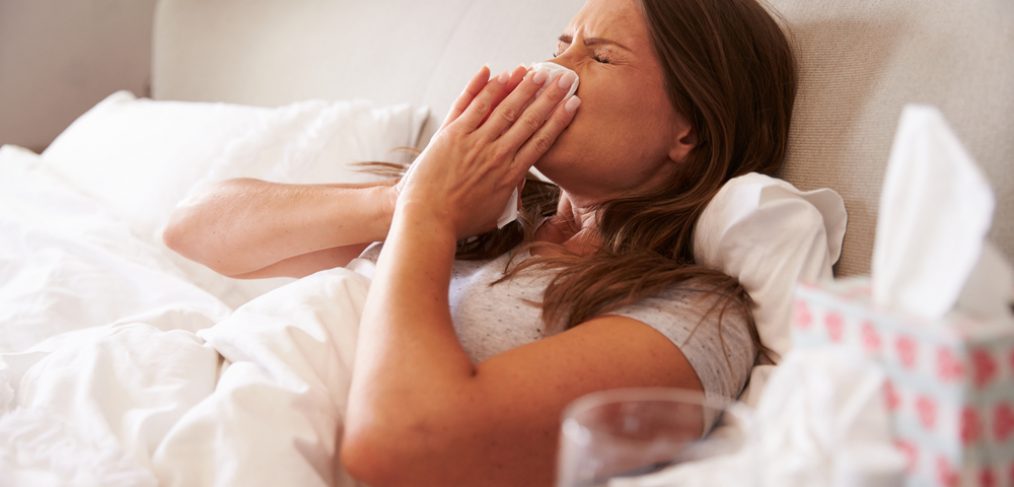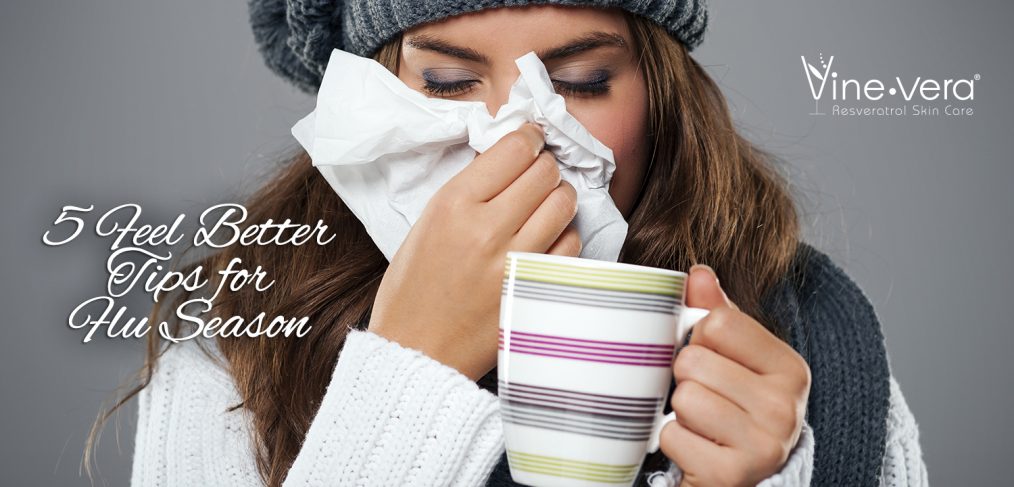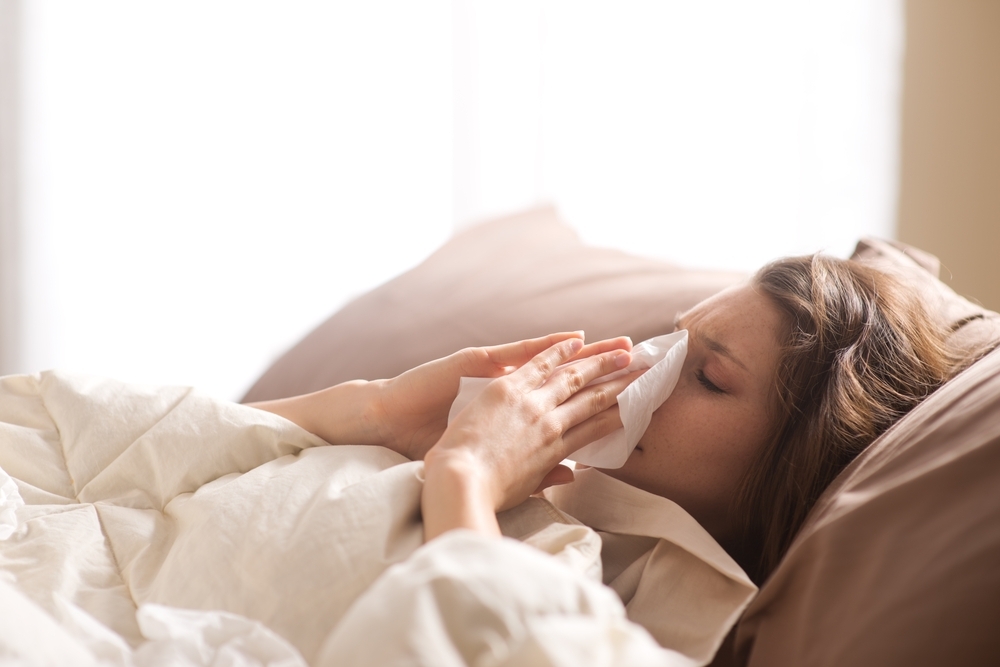The common cold, the flu and retroviruses make their rounds during winter time and it can seem impossible to stay healthy. Luckily, there are lifestyle changes and medical interventions that you can use to help protect yourself and your loved ones from coming down with the cold, flu and retrovirus. Use the following five tips to keep your family and yourself healthy during cold and flu season this year.
Wash Your Hands
The number one thing you can do to prevent the common cold, flu and retroviruses is to wash your hands with soap and water, or use an alcohol-based hand sanitizer. The Centers for Disease Control and Prevention say that “handwashing is like a do-it-yourself vaccine” when it comes to preventing illnesses. Properly washing your hands consists of five steps:
- Wet your hands
- Lather your hands – don’t forget the backs of your hands, in between fingers and under fingernails
- Scrub your hands – do this for at least 20 seconds for maximum cleanliness
- Rinse
- Dry
Get Vaccinated
When it comes to the flu, the Centers for Disease Control and Prevention say that getting vaccinated is the first, and most important, step in preventing the flu. The CDC recommends that everyone aged six months and older be vaccinated annually to prevent the flu virus. “Flu vaccination can reduce flu illnesses, doctors’ visits, and missed work and school due to the flu, as well as prevent flu-related hospitalizations and deaths,” according to the CDC. Your healthcare provider can help you determine which flu vaccine is the most appropriate for you.
Stay Home
To protect yourself from illness, you want to limit your time and prevent close contact with individuals who are already sick. If you begin to exhibit any flu-like symptoms, do those you surround yourself with a favor and stay home. You need to rest to recover, and staying home reduces the risk of spreading the illness to others. If you have a fever, experts recommend that you stay home for at least 24 hours after your fever is gone without using fever-reducing medicines.

Get Plenty of Sleep
Sleep is an important part of staying healthy and not getting enough sleep can make you more vulnerable to the common cold, flu and retroviruses. For otherwise healthy adults, the National Sleep Foundation recommends getting between seven and nine hours of sleep every night.
Practice Good Health Habits
In addition to making sure you are well-rested, there are things you can do in your daily life to help prevent the colds, retroviruses and the flu. First, a healthy diet and exercise can go a long way in keeping you healthy, so be sure that you are following a sensible eating plan and staying active. Next, avoid touching your mouth, nose and eyes as much as possible, because germs from your hands enter the body this way. Cover your mouth and nose any time you cough or sneeze to protect those around you from your illness and clean and disinfect any surfaces that are frequently touched both at home and work to protect yourself from illness.
Unfortunately, it is impossible to avoid germs altogether, but practicing healthy habits can significantly reduce your risk of coming down with the common cold, flu or retrovirus. Remember to wash hands thoroughly and frequently and avoid putting your fingers in your eyes, nose or mouth to prevent illness. Keep those around you healthy by using the above tips to avoid colds, the flu and retroviruses.










